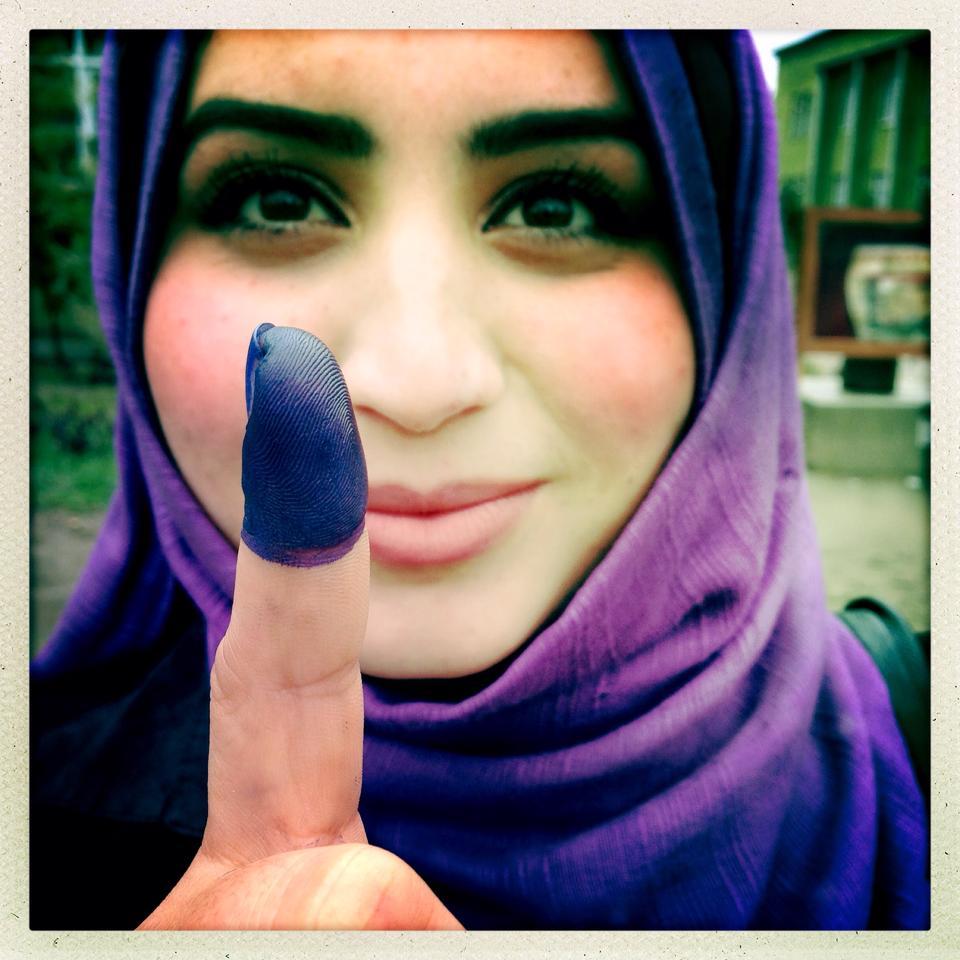![Indigenous academic and activist Elisa Loncon was elected as president of the Constituent Convention during the body's first session on July 4 in Santiago [Javier Torres/AFP] Indigenous academic and activist Elisa Loncon was elected as president of the Constituent Convention during the body's first session on July 4 in Santiago [Javier Torres/AFP]](/sites/default/files/styles/home_news_image/public/field/image/000_9dx2r3.jpg?itok=KwZcUi4g)
Constitutional assembly picks academic Elisa Loncon to lead body drafting new text to replace Pinochet-era constitution.
The right to vote and the right to stand for election are two fundamental elements of democracy. Notably, many countries did not afford women the right to vote until the 20th Century. Even today, universal suffrage is not a given right in all countries, and women often face obstacles that undermine their participation in political and electoral processes. There are various ways to support women in overcoming these obstacles. Such methods include revising the electoral system used, applying affirmative action mechanisms such as quotas, improving voter education for women and training political candidates. These are a few of the modes available to strengthen women’s political participation .Photo©Jens Franssen

![Indigenous academic and activist Elisa Loncon was elected as president of the Constituent Convention during the body's first session on July 4 in Santiago [Javier Torres/AFP] Indigenous academic and activist Elisa Loncon was elected as president of the Constituent Convention during the body's first session on July 4 in Santiago [Javier Torres/AFP]](/sites/default/files/styles/home_news_image/public/field/image/000_9dx2r3.jpg?itok=KwZcUi4g)
Constitutional assembly picks academic Elisa Loncon to lead body drafting new text to replace Pinochet-era constitution.

Threats against politicians have sharply risen ahead of September's general elections. The leading candidate to replace Angela Merkel has rapidly become the prime target for misogyny, vitriol, and fake news.

Study published in PNAS finds no gender difference in decision to run for office again after losing a close race.
Abstract
Abstract

BOSTON — The voters of Boston, a city with a notorious history of racism, face a once-unimaginable political tableau in the mayor’s race this year. For the first time, the four top candidates are all women of color.

HANOI, June 11 (Xinhua): A total of 499 out of 866 candidates have been elected to the 15th National Assembly (NA) of Vietnam, the country's top legislative body, for the 2021-2026 tenure, the country's National Election Council announced at a press

The Constitution and legal system of Bosnia and Herzegovina stipulate equality between women and men. However, gender inequalities are found across all social domains.
Women’s political leadership is important for ensuring that women’s perspectives and experiences are included in political decision-making. Over the past 25 years, the overall percentage of women in parliaments has more than doubled.
Women’s political leadership is important for ensuring that women’s perspectives and experiences are included in political decision-making. Over the past 25 years, the overall percentage of women in parliaments has more than doubled.

When Liuba Grechen Shirley ran for New York’s 2nd Congressional District in 2018, the Democratic mom of two had no clue about the barriers she would face on the campaign